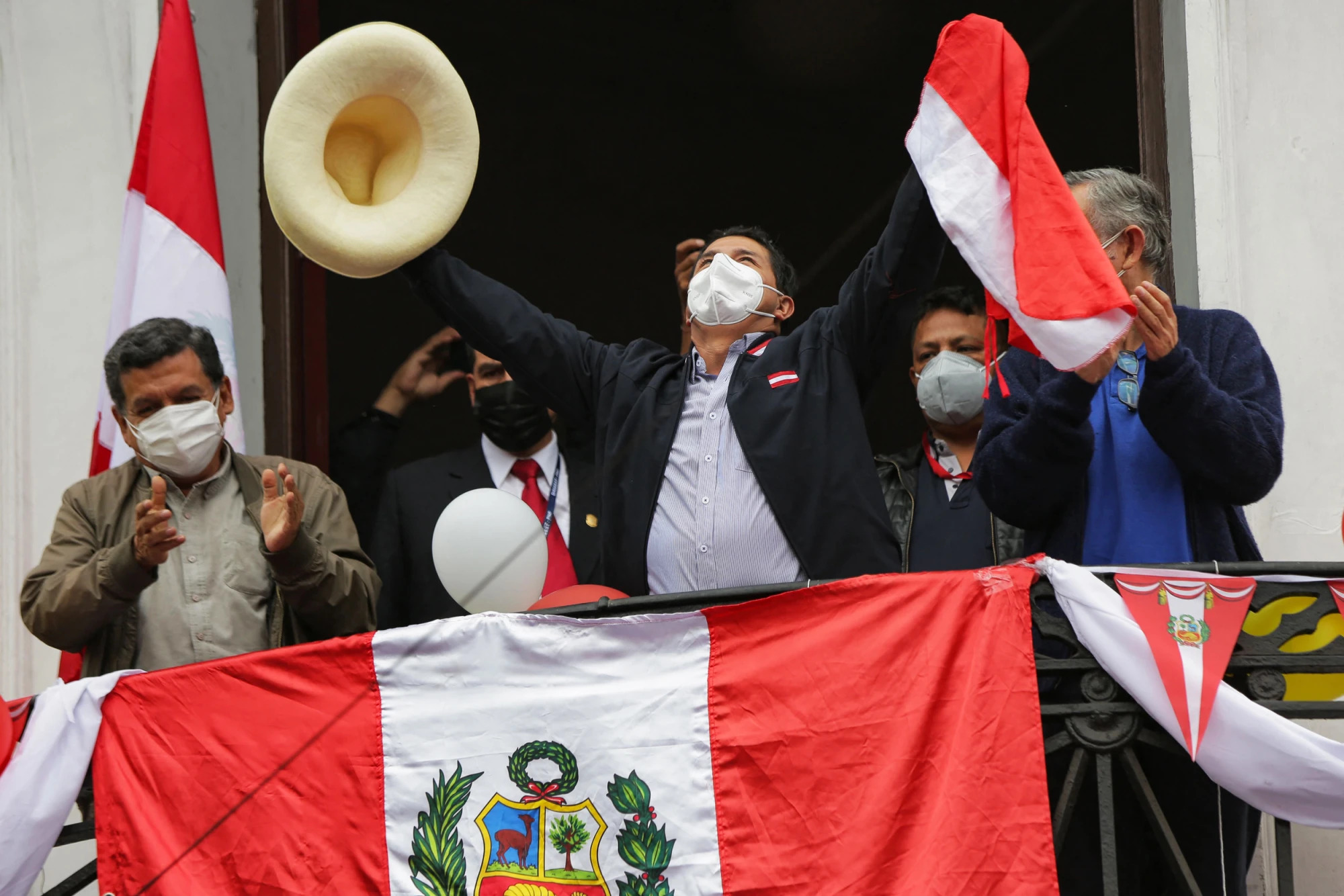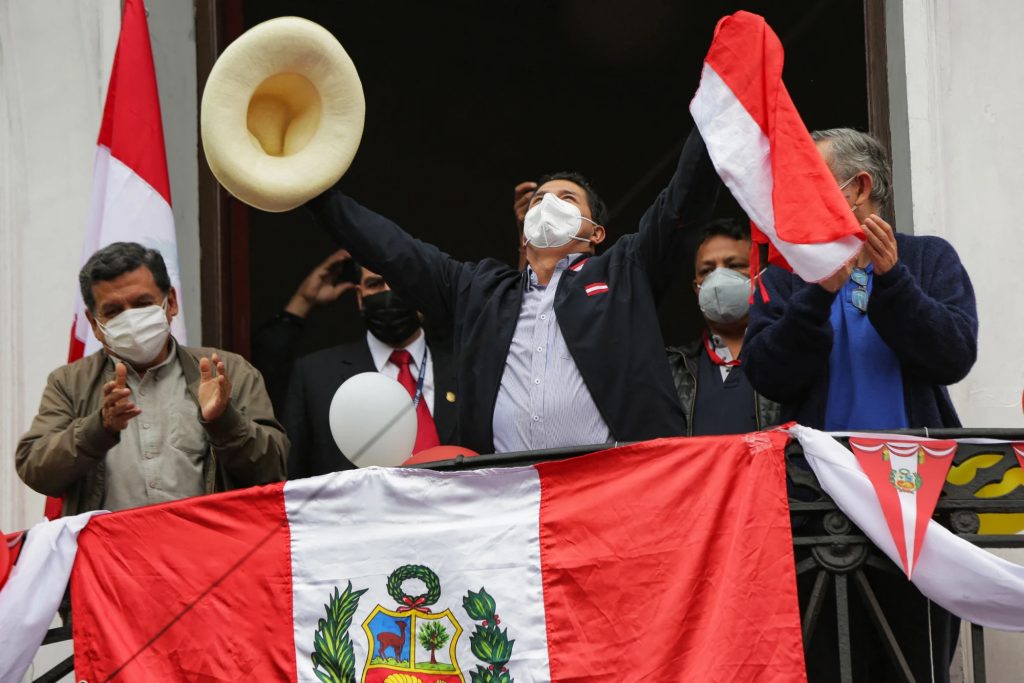The fate of Peru hangs in the balance as voters eagerly await the results of an election that’ll be won by no more than a handful of votes.
Rural teacher turned champion of the poor Pedro Castillo is facing off against Keiko Fujimori, the daughter of imprisoned former dictator Alberto Fujimori.
Castillo, who is a relatively new face in Peruvian politics, represents the Free Peru party. Their focus is on nationalising important industries, particularly copper, and taking a stand against the neoliberal order that’s been imposed on the Latin American country for the last few decades.
On the other hand, Fujimori offers a continuation of her father’s economic agenda in the 90s that has persisted ever since. Liberal commentators have regularly praised Peru’s subservience to the market and transnational corporations, which has withstood extreme political instability, including three presidents in a week last November.
Whilst the country’s GDP has grown over the last thirty years, these gains have not been distributed across the country, leaving poor Peruvians without a safety net. The consequences of this during COVID-19 have been disastrous.
Peru has the highest death rate per capita in the world from COVID-19. The total number of deaths was recently revised to over 65,000 in the country of 32 million.
The perilous situation Peru finds itself in has exacerbated the polarisation already created by having such an opposing pair of candidates in the final round. Whilst Castillo’s Free Peru is the largest single party, it still only won less than 20% of the vote in April’s crowded first-round race.
Early counts put Ms. Fujimori ahead by a fraction, but this slid away as vote counts from the slower rural regions came in. The demographic split between the two candidates is stark, with poorer workers from the countryside heavily favouring Castillo, whilst the wealthier metropolitans were more sympathetic to Fujimori’s pandering to capital. With only a few rural voting results left to come in, Castillo looks to have just edged the popular ballot which was carried out on Sunday.
Those familiar with leftism in Latin America will remain wary even if Castillo is declared the official winner. The coup against Bolivia’s MAS is fresh in American’s memory, and former leftist Brazilian president Lula has only just been released from prison following the reversal of false charges. It’s been proven true that all over the world when countries try to exercise autonomy and shake the chains of capital they are often met with both overt and covert retaliation from the national establishment as well as the US empire. If, as is looking increasingly likely, Castillo does come out with the ballot box victory, more challenges will inevitably lie ahead.
As the final votes are being counted, Fujimori has already begun to make vague claims of “signs of fraud“.
Mally Kakembo, is a member of the YCL Wales branch




